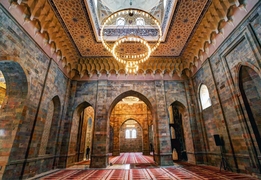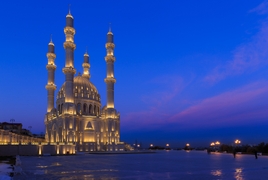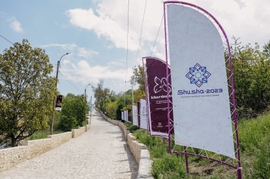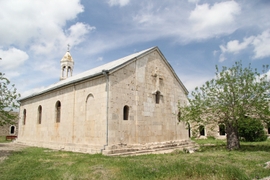The United Nations Educational, Scientific and Cultural Organization (UNESCO) included two cities from the Caspian region in its Creative Cities Network list, based on two separate creativity nominations made on October 31, the day the UN recognizes as World Cities Day.
Sheki, located in northwestern Azerbaijan, was designated as a creative city thanks to its crafts and folk art, while Kazakhstan’s largest city and former capital, Almaty, received recognition for music. The full list of cities included 66 locales from 44 countries, including Italy, Colombia, China, Mexico, Australia, and others. Awards were made for categories including media arts, design, gastronomy, literature and film.
“Two years of joint hard work resulted in recognizing Sheki as UNESCO Creative City for Crafts and Folk Art. Congratulations!”, Ambassador Anar Karimov, Azerbaijan’s Permanent Delegate to UNESCO, announced via his Twitter feed on Wednesday.
UNESCO launched the Creative Cities Network project in 2004, which is aimed at promoting and developing cooperation among cities by identifying creativity found within and viewing it as a major factor in their urban development.
Roughly 68,000 people reside in Sheki, a city that is located roughly 350 km (218 mi) from Azerbaijan’s capital city Baku and is situated at the base of the Greater Caucasus mountain range. Archeological discoveries indicate it was founded sometime in the fifth or sixth century AD.
The city had been one of the largest in what was once known as Caucasian Albania, an ancient state unrelated to the modern-day Eastern European country of the same name, which existed in the territory of Azerbaijan as early as the 4th century BC.
While Sheki is home to magnificent historical sites, such as the 18th century Khan’s Palace a Caravanserai, UNESCO decided this year to recognize the city for its crafts and folk art.
Glass glazing is one such art form that is used for a wide range of products and items, including windows. The Khan’s Palace, build fully from a wooden frame without using a single nail, is decorated with the colored glass for which the city has become known. Masters in Sheki claim that glazing requires a deep knowledge of geometry, as well as accurate and precise mathematical and drawing skills, as measurements off by just one millimeter could result in a project’s failure.
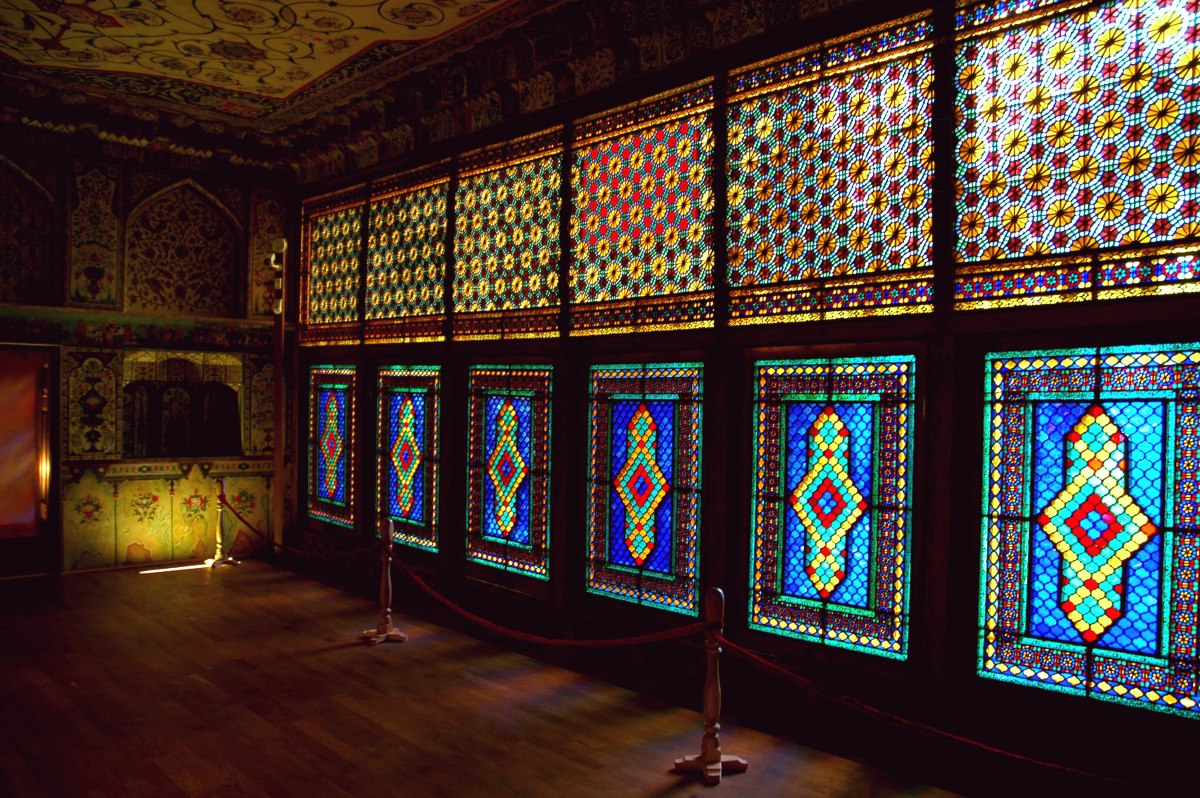
Kelagayi is another craft that caught the eye of UNESCO when it put Sheki on its Creative Cities Network list. Also known as chargat, the four-cornered headscarf is considered a symbol of modesty, respect and devotion, and worn by women across Azerbaijan. Kelagayi have a particular connection with Sheki because the city’s silk was once used for sewing them in different regions across the country.
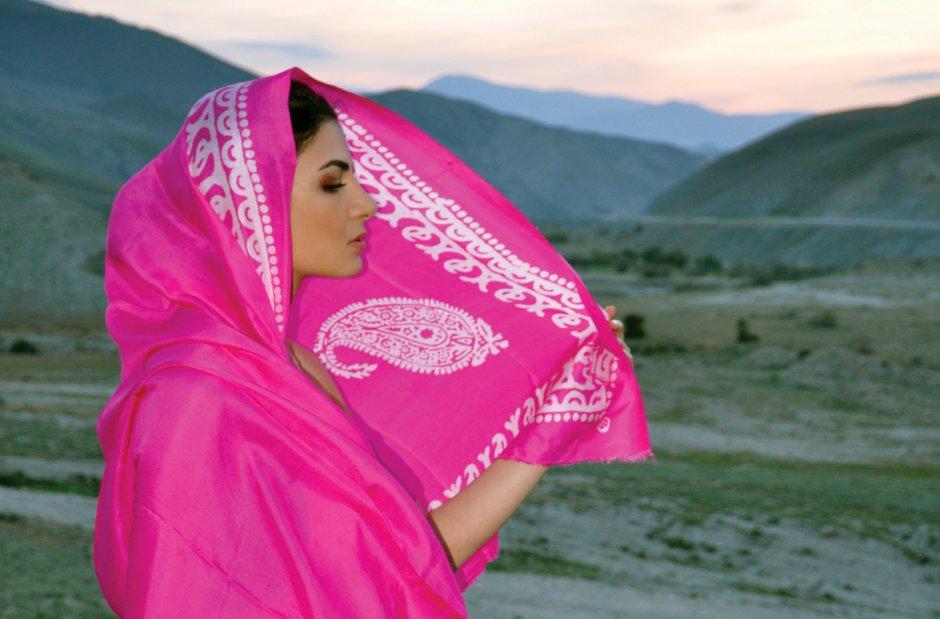
Today, the Sheki Silk manufacturing plant churns out numerous examples of kelagayi, such as Shah Buta, Saya Buta and Heyrati. The production and wearing of kelagayi were included in the list of intangible cultural heritage UNESCO in 2014.
For its part, Kazakhstan’s southeastern city of Almaty has had a proven track record of artistic talent as well. Since 2015, it has played host to an international classical music festival called “Forte Music Fest,” the last of which took place from May 25-28 of this year at the Great Hall of the Kurmangazy National Conservatory.
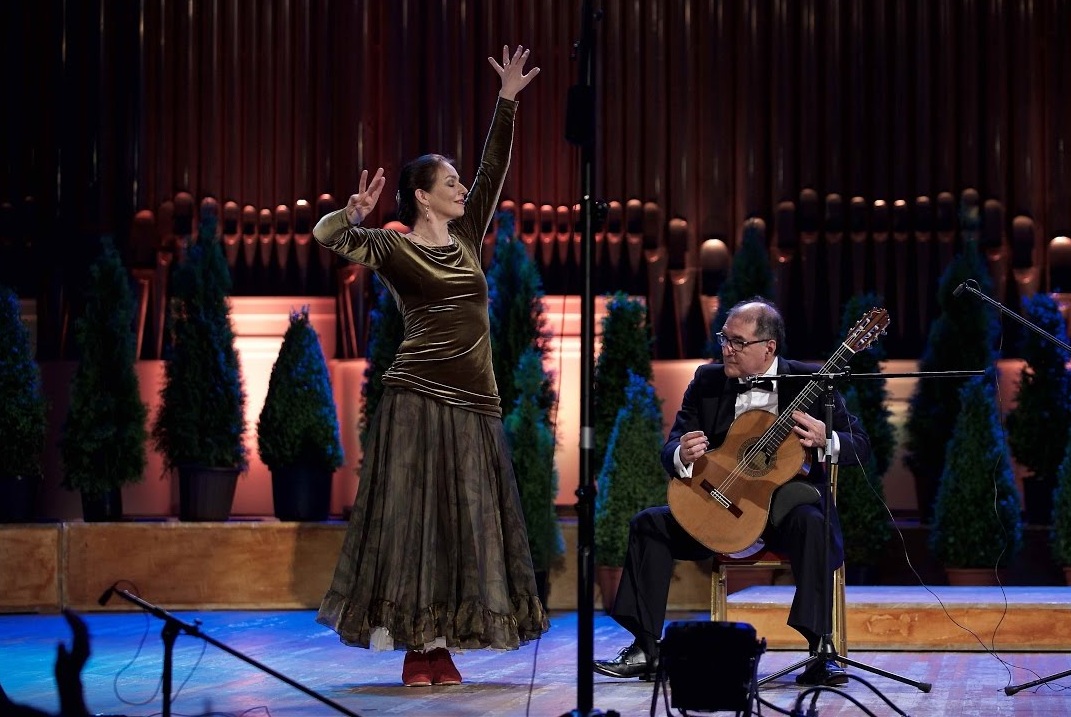
Renowned virtuosos, concert soloists and accompanists from orchestras across Kazakhstan, Germany, Venezuela, Romania, Georgia, Ireland, Russia, Greece, the U.S., Ukraine, Estonia and Colombia gave master classes as part of this year’s festival, at the Ikhlas Museum of Musical Instruments in Almaty.
Earlier this month, the city hosted “I’m A Singer,” an international vocal competition reminiscent of the “Eurovision Song Contest” and “American Idol.” The project’s main goal is to promote modern Kazakh culture abroad and boost Almaty’s tourism. The contest is being broadcast on TV channels across Russia, China, Kyrgyzstan and Uzbekistan, and is expected to reach an audience of more than 250 million.


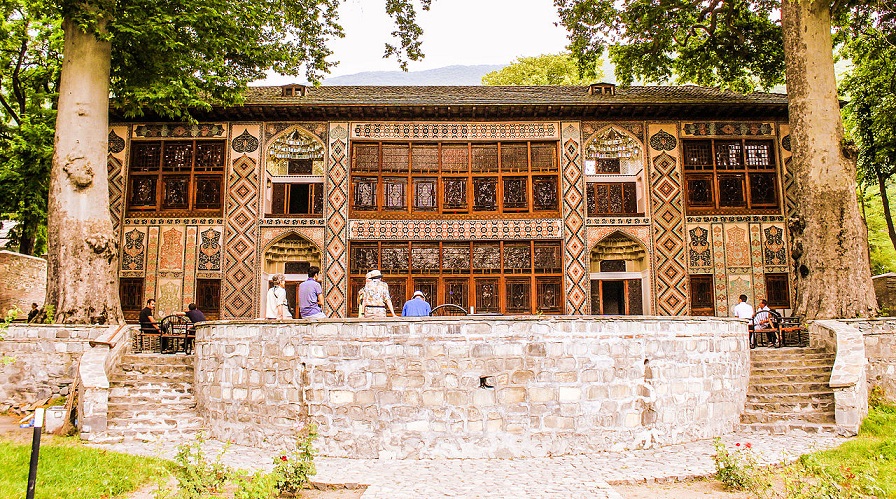




 Armenian sappers commenced on Monday mine-clearance operations in the territories adjacent to the Saint Mary Church in village of Voskepar (Armenia...
Armenian sappers commenced on Monday mine-clearance operations in the territories adjacent to the Saint Mary Church in village of Voskepar (Armenia...
 Iran and Pakistan have signed eight cooperation documents in various fields, and agreed to strengthen ties to fight terrorism in the region.
Iran and Pakistan have signed eight cooperation documents in various fields, and agreed to strengthen ties to fight terrorism in the region.
 As the conflict between Ukraine and Russia escalates, the strategic importance of Kharkiv, Ukraine's second-largest city, has come sharply into focus.
As the conflict between Ukraine and Russia escalates, the strategic importance of Kharkiv, Ukraine's second-largest city, has come sharply into focus.
